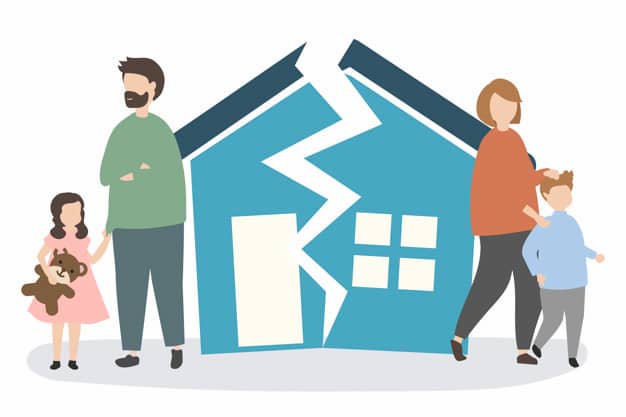Going through a divorce can be one of the most challenging experiences in life, bringing with it a range of emotions, uncertainties, and changes. During this difficult time, seeking support from a qualified therapist or counselor can provide invaluable guidance, validation, and coping strategies. In this comprehensive guide, we will explore the role of divorce counseling and divorce therapy, how it can help individuals navigate the complexities of divorce, and the benefits it offers in promoting healing and personal growth.
Understanding Divorce Counseling and Therapy:
Divorce counseling and therapy are specialized forms of mental health support designed to help individuals cope with the emotional, psychological, and practical aspects of divorce. Whether you are considering divorce, in the process of divorcing, or adjusting to life after divorce, therapy can offer a safe and supportive space to explore your feelings, address challenges, and make informed decisions about your future.
Key Components of Divorce Counseling and Therapy:
Emotional Support: Divorce can trigger a wide range of emotions, including sadness, anger, grief, and anxiety. A skilled therapist can provide compassionate support and validation, helping individuals navigate their feelings and develop healthy coping mechanisms.
Coping Strategies: Therapists can teach practical coping strategies to manage stress, anxiety, and other challenging emotions associated with divorce. These strategies may include mindfulness techniques, relaxation exercises, and cognitive-behavioral strategies to reframe negative thoughts.
Communication Skills: Effective communication is essential during the divorce process, especially when children are involved. Therapists can help individuals improve their communication skills, set boundaries, and resolve conflicts amicably with their ex-partner.
Co-Parenting Guidance: Co-parenting after divorce presents unique challenges, but with the help of therapy, parents can learn strategies to co-parent effectively, prioritize their children's well-being, and navigate co-parenting conflicts constructively.
Personal Growth: Divorce counseling and therapy provide an opportunity for personal growth and self-discovery. Individuals can explore their values, goals, and priorities, and work towards building a fulfilling and meaningful life post-divorce.
Benefits of Divorce Counseling and Therapy:
Emotional Healing: Therapy offers a supportive environment for individuals to process their emotions, heal from past wounds, and move forward with a sense of closure and acceptance.
Improved Coping Skills: Counseling equips individuals with practical coping skills and strategies to manage stress, regulate emotions, and cope with the challenges of divorce more effectively.
Enhanced Communication: Therapy helps individuals improve their communication skills, leading to healthier and more constructive interactions with their ex-partner, children, and other family members.
Co-Parenting Success: By learning effective co-parenting strategies, individuals can minimize conflict, promote cooperation, and create a stable and nurturing environment for their children post-divorce.
Personal Empowerment: Therapy empowers individuals to take control of their lives, make informed decisions, and create a new chapter filled with hope, resilience, and possibility.
Conclusion:
Divorce counseling and therapy offer a lifeline of support and guidance during one of life's most challenging transitions. By seeking help from a qualified therapist, individuals can navigate the divorce process with greater ease, resilience, and self-awareness. Remember, you don't have to go through divorce alone, and there is hope for healing and growth on the other side.
#Divorce counseling and divorce therapy, #surviving separation and divorce, #marriage and divorce, #top divorce counseling
if you are face any mental Health issue than visit - Lyfsmile.com





Comments